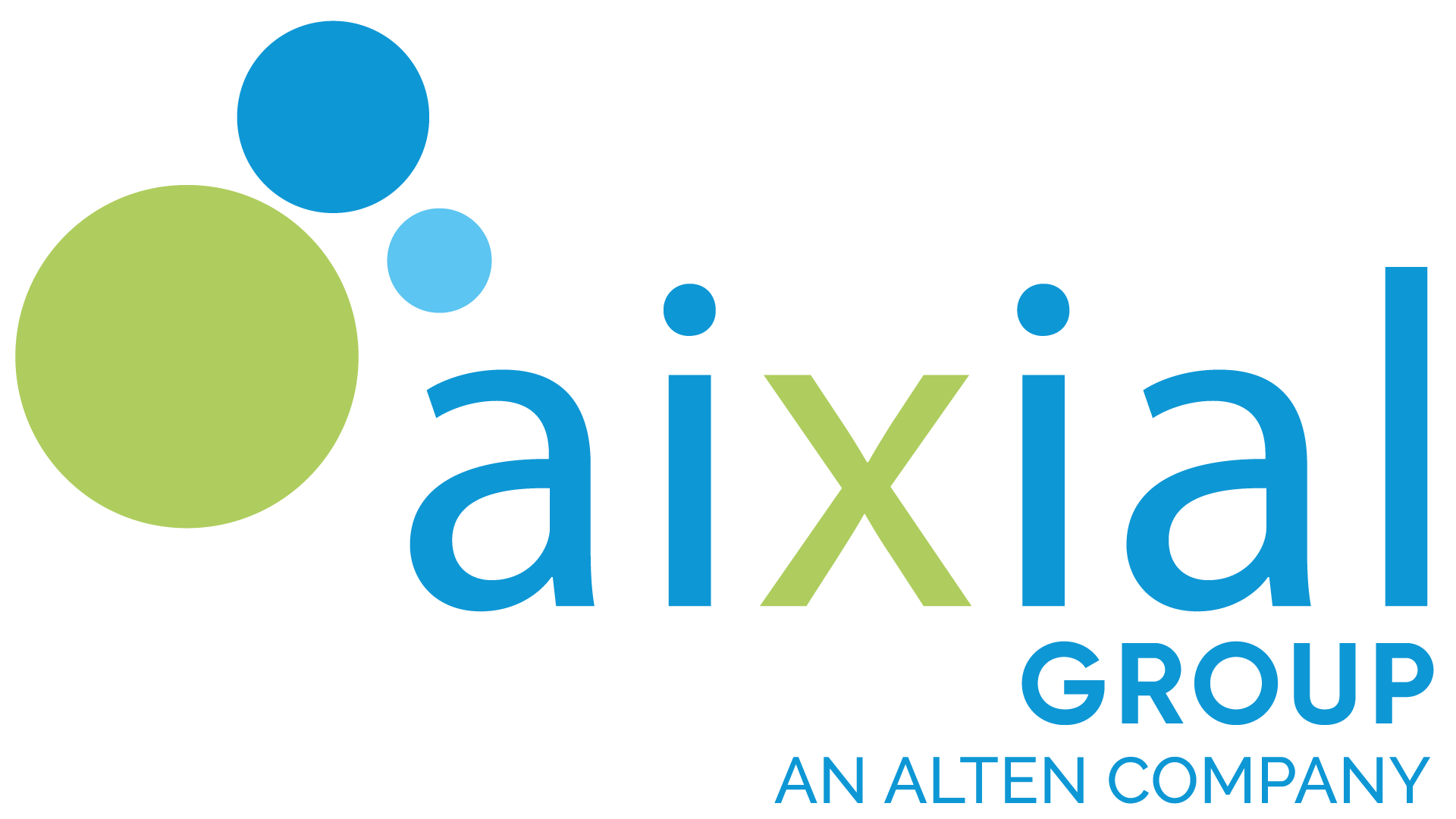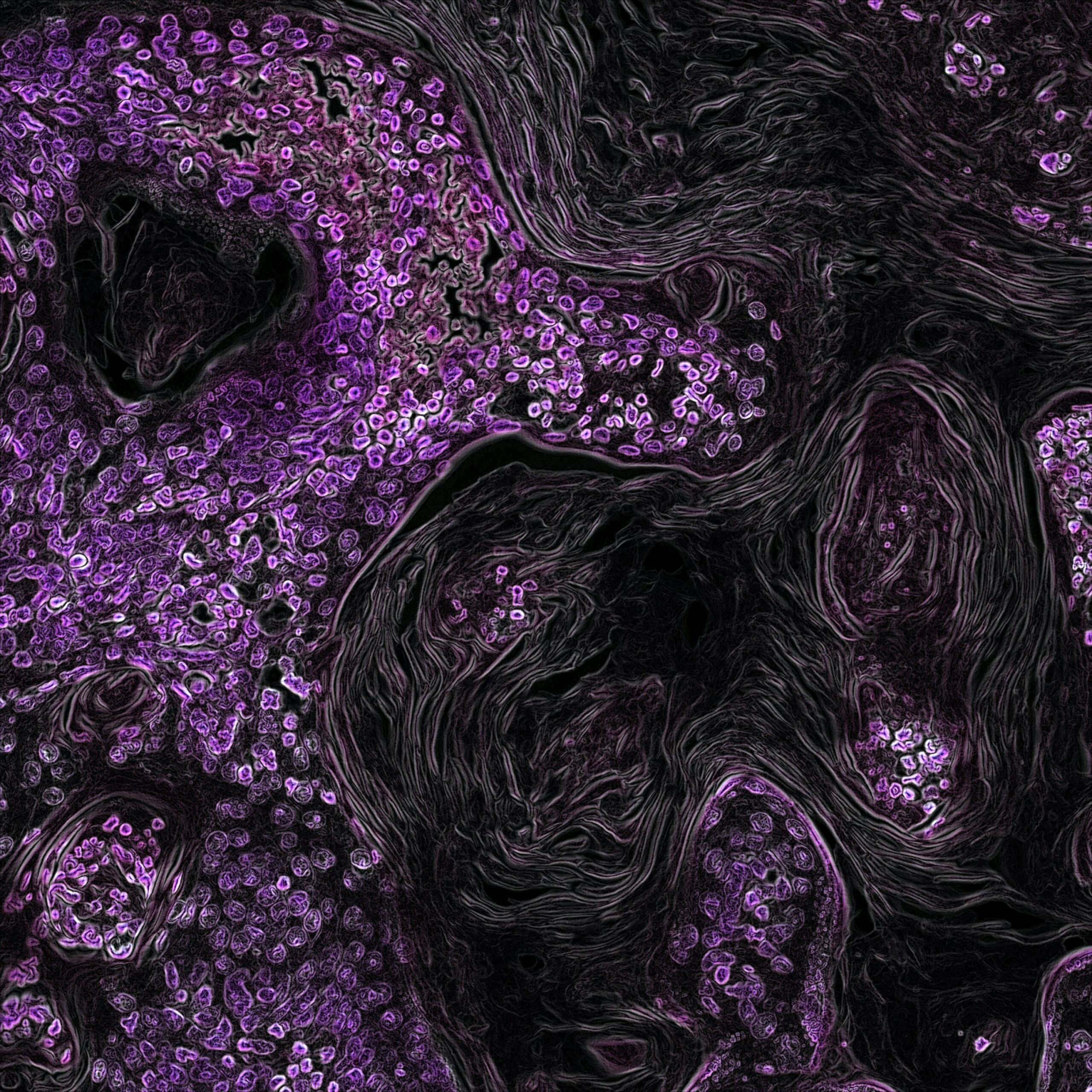Pancreatic cancer is the 12th most common cancer in the world and remains one of the deadliest, with a five-year survival rate of only 13%, despite recent progress.
At Aixial Group, we have conducted 22 clinical trials in pancreatic cancer and can help you develop effective clinical trials to offer the best possible treatment to patients. Read our case study to learn more.
A Phase II Open-Label, Safety And Preliminary Efficacy Study Of [IP] In Combination With [IP] In Patients With Advanced Malignancies Who Have Progressed On [X, prior therapy]
Targeted Clinical Indications
- Basket 1: Cholangiocarcinoma;
- Basket 2: Pancreatic adenocarcinoma;
- Basket 3: Colorectal adenocarcinoma;
- Basket 4: Esophageal adenocarcinoma, esophageal squamous cell carcinoma, or GEJ adenocarcinoma;
- Basket 5: Gastric adenocarcinoma
Trial Design
- Basket design with each basket operating as a Simon two-stage design and open to enrollment in two stages.
- Stage 1 opened to an enrolment of 13 patients in each basket. After 13 patients enrolled in a single basket, enrollment is placed on hold for the evaluation of efficacy. If ≥ 4 patients in a basket achieve a response, then that specific basket opens to Stage 2 of enrollment. The decision to open a basket to Stage 2 is made by the sponsor following SMC approval.
- Stage 2 expands enrollment of each basket with additional patients.
Sites and Dates
- Up to 25 sites / 215 patients
- 2020-Present
Products
- Inhibitors
Challenges with Mitigations
- Product (drug) availability was at risk due to high demand; Aixial Group identified a vendor that could supply (drug) and (drug) product was purchased in advance to ensure availability to patients for trial participation
- COVID site challenges with start-up; Aixial Group worked closely with sites to ease the burden of start-up while they experienced staffing shortages during COVID waves. Examples of the steps taken include providing pre-filled documents that required review and signature only, scheduled 1:1 site calls with the various site departments to work through contract and budget revisions, ICF updates, etc. to eliminate multiple back-and-forth exchanges, and provided flexibility in scheduling SIVs (e.g., multiple sessions to accommodate site team availability).
Successes
- Quicker than expected enrollment in Basket 2 (Pancreatic adenocarcinoma)
- Strong Sponsor/CRO/Site relationships
- Collaborative and thorough Site Initiation Visits leading to increased study knowledge by PI and site study team members resulting in a low screen failure rate and minimal protocol deviations
- Complex logistics with multiple vendors that could pose a risk to endpoints have been mitigated by the implementation of a customized logistics management tool and dedicated team member leading to increased compliance with protocol specimen collection, as well as proper, on-time shipping and delivery of specimens to multiple laboratories
- Upfront collaboration with the sponsor on the scope of services and projected effort for effective and efficient project management and delivery has led to a very limited need for change orders (those in effect have been sponsor-driven requests for additional services)
- Sponsor audit with no major findings
Let us support you in your next project!




![Safety, Preliminary Efficacy and Pharmacokinetics of [IP] in Metastatic Castrate Resistant Prostate Cancer](/wp-content/uploads/2024/11/70144-iStock-1180568434.jpg)
